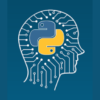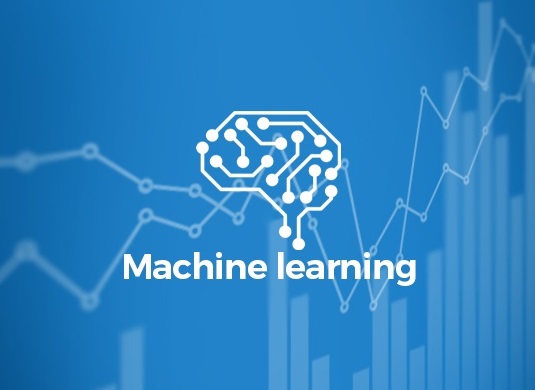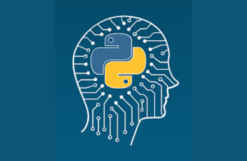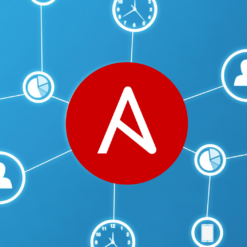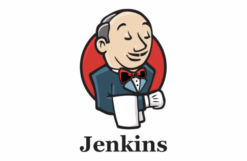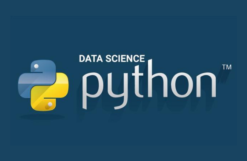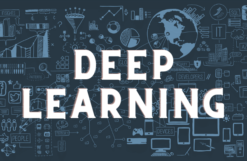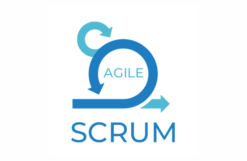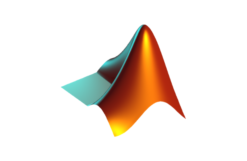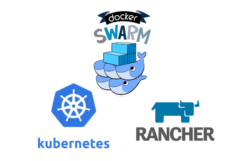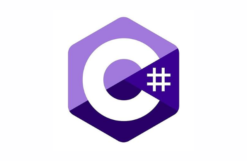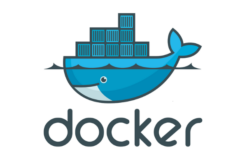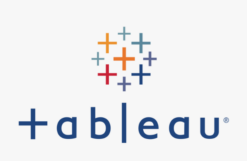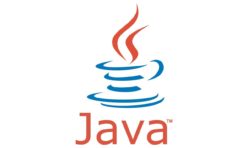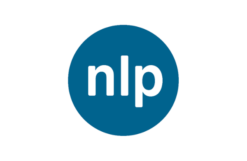Course Overview:
As the use of machine learning algorithms becomes popular for solving problems in a number of industries, so does the development of new tools for optimizing the process of programming such algorithms. This course aims to explain the scikit-learn API, which is a package created to facilitate the process of building machine learning applications. By explaining the difference between supervised and unsupervised models, as well as by applying algorithms to real-life datasets, this course will help beginners to start programming machine learning algorithms.
Course Objectives:
- Introduction to scikit-learn
- Unsupervised Learning: Real-life Applications
- Supervised Learning: Key Steps
- Supervised Learning Algorithms: Predict Annual Income
- Artificial Neural Networks: Predict Annual Income
- Building your own Program
Target Audience:
- Machine Learning beginners.
Pre-requisites:
- No prior knowledge of the use of scikit-learn or machine learning algorithms is required.
- The students must have prior knowledge and experience of Python programming.
Course Duration:
- 2 Days ( 14 Hours )
Course Content:
Introduction to scikit-learn
- scikit-learn
- Data Representation
- Data Preprocessing
- scikit-learn API
- Supervised and Unsupervised Learning
Unsupervised Learning: Real-life Applications
- Clustering
- Exploring a Dataset: Wholesale Customers Dataset
- Data Visualization
- k-means Algorithm
- Mean-Shift Algorithm
- DBSCAN Algorithm
- Evaluating the Performance of Clusters
Supervised Learning: Key Steps
- Model Validation and Testing
- Evaluation Metrics
- Error Analysis
Supervised Learning Algorithms: Predict Annual Income
- Exploring the Dataset
- Naïve Bayes Algorithm
- Decision Tree Algorithm
- Support Vector Machine Algorithm
- Error Analysis
Artificial Neural Networks: Predict Annual Income
- Artificial Neural Networks
- Applying an Artificial Neural Network
- Performance Analysis
Building your own Program
- Program Definition
- Saving and Loading a Trained Model
- Interacting with a Trained Model
- Q & A
- Closing Remarks


